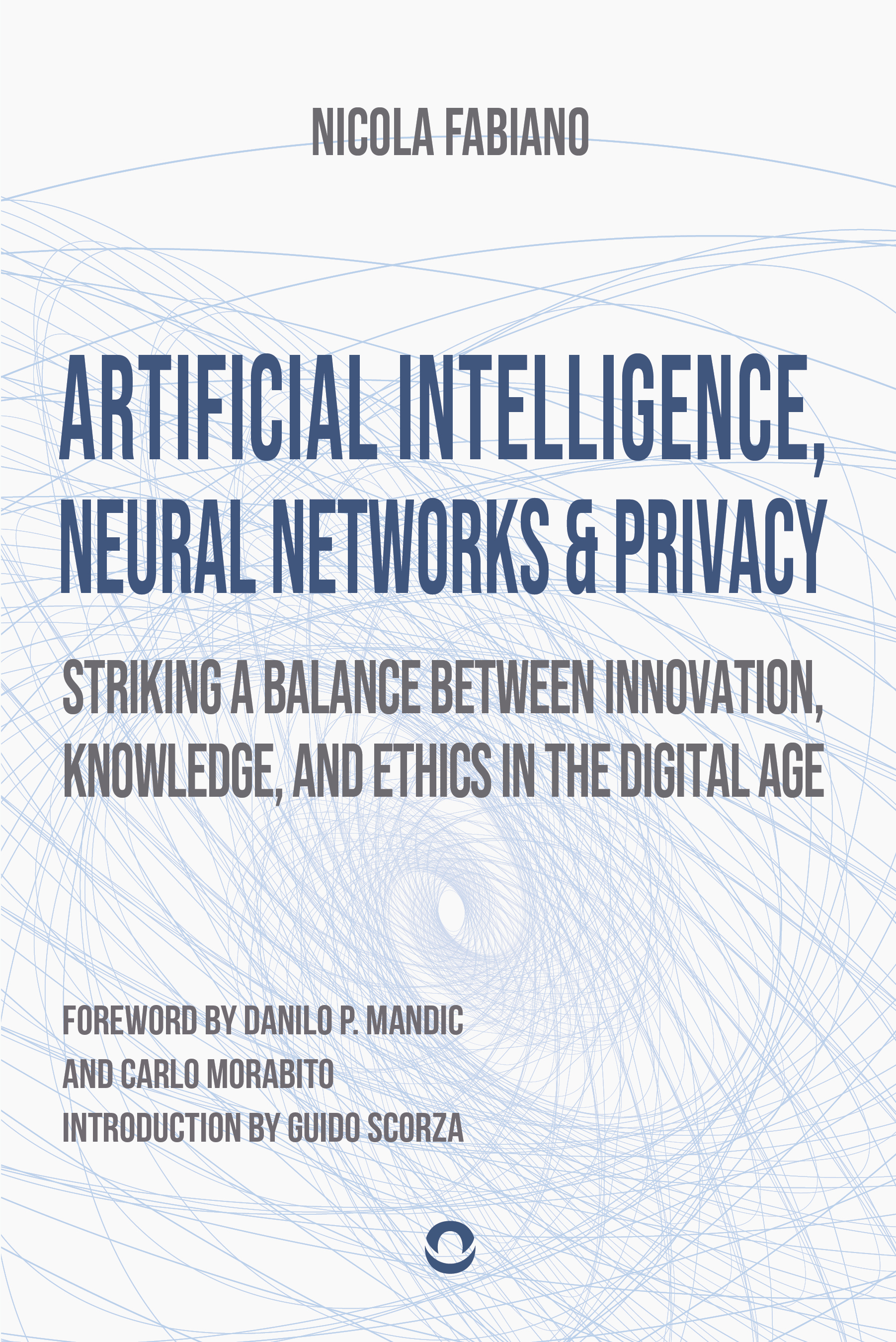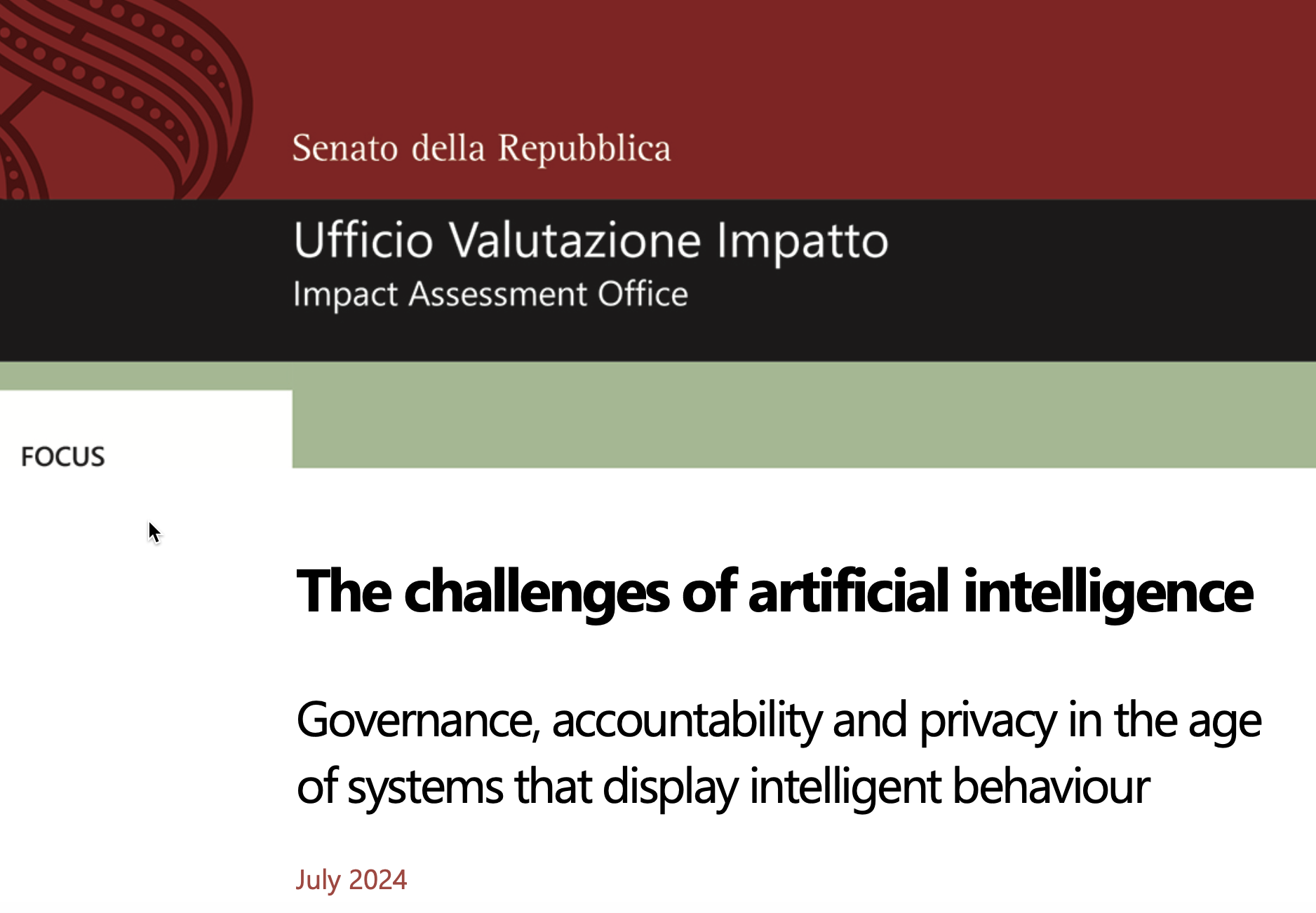
My new book on AI, Privacy, and Neural Networks is out.
✨ I am thrilled to announce that the Italian edition of my new book entitled “Artificial Intelligence, Neural Networks and Privacy: Striking a Balance between Innovation, Knowledge, and Ethics in the Digital Age”, published by goWare – Florence. My sincere thanks go to Danilo Mandic and Carlo Morabito for their valuable forewords and to Guido Scorza for the introduction, all of which greatly enrich the volume. Full details of my new book are available on this page. ...







